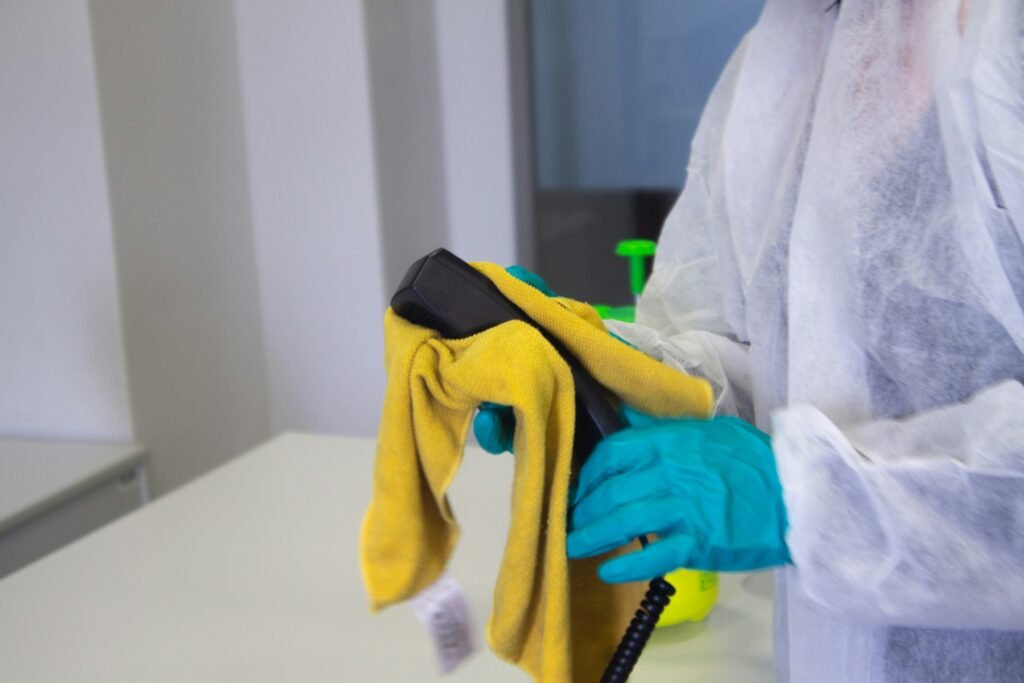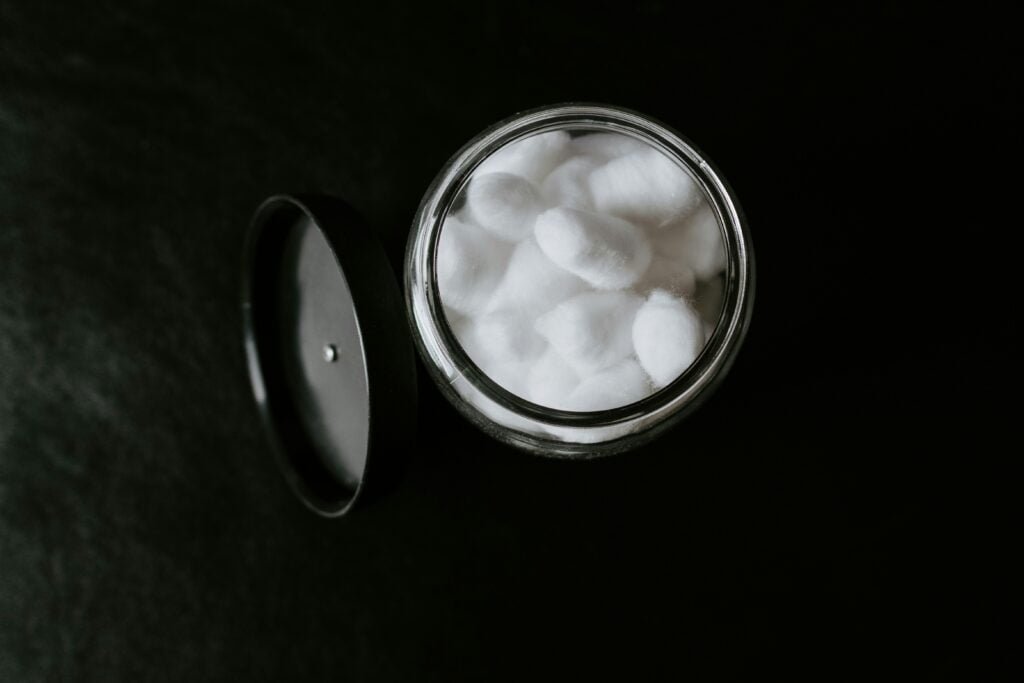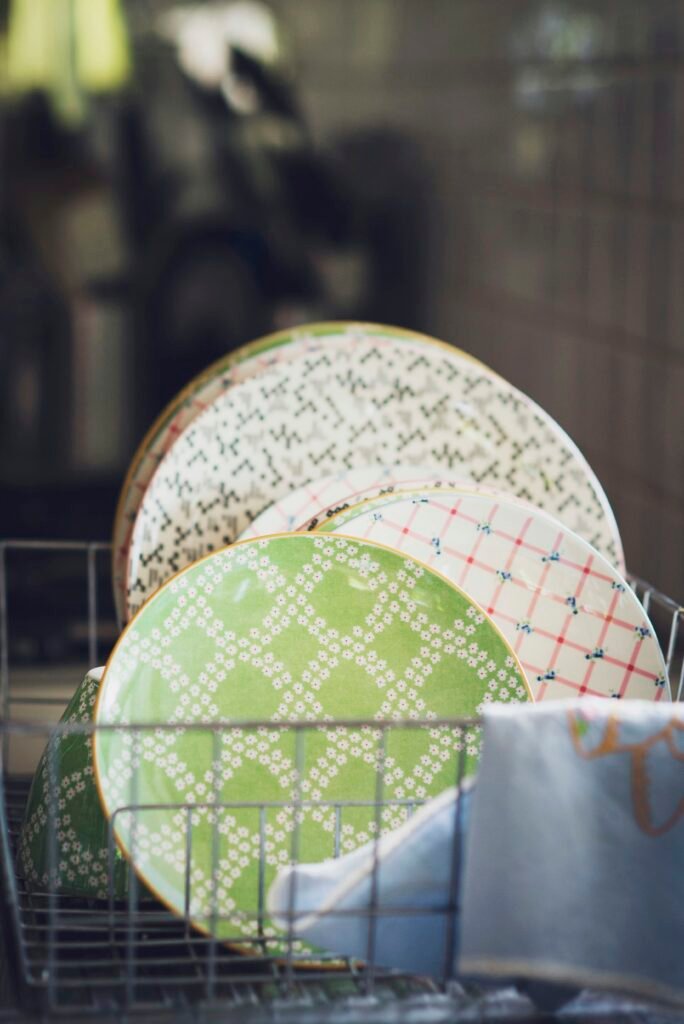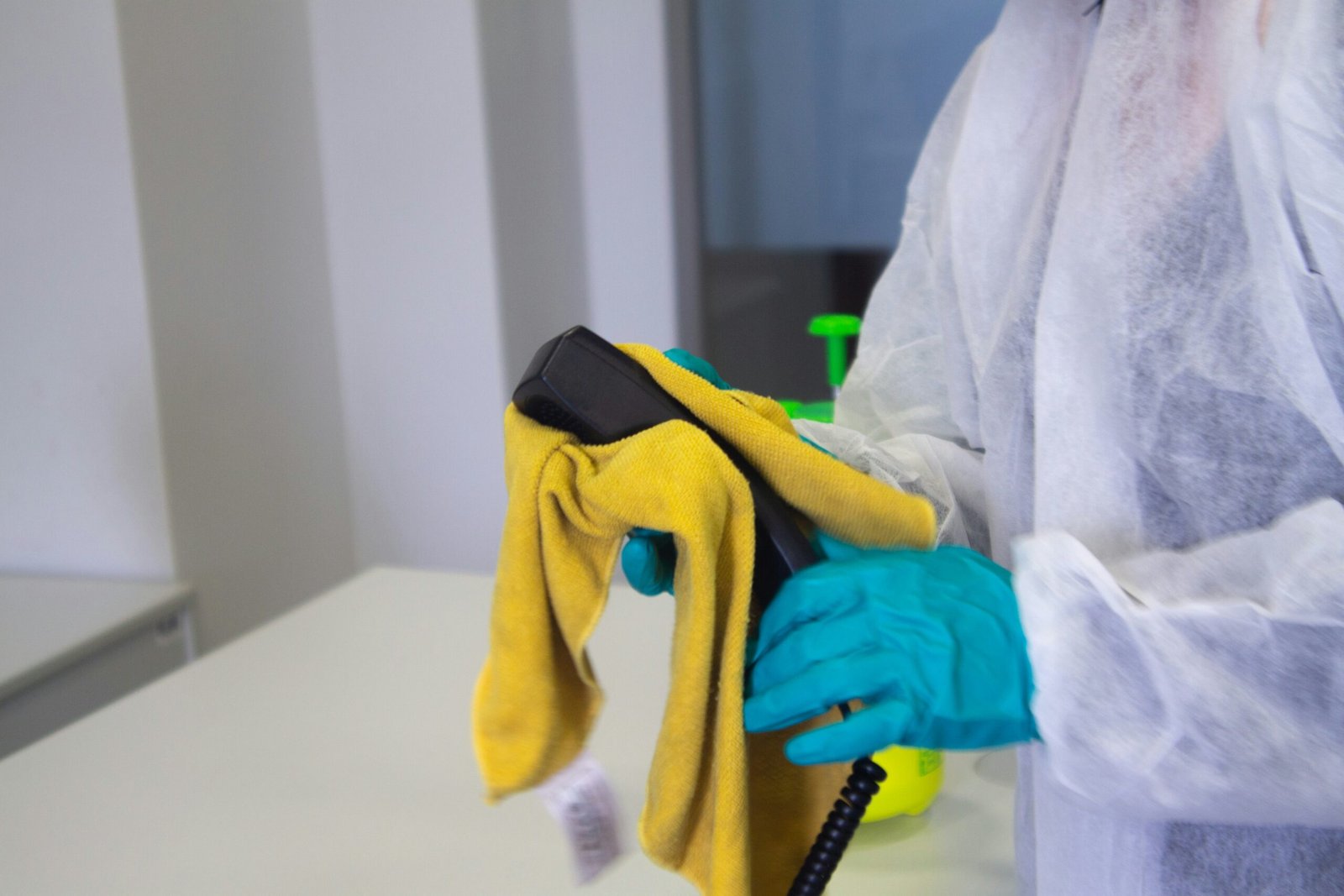Grilling season is here, and you’re excited to fire up your grill for a sizzling feast. But wait, have you ever wondered how to keep those grill grates clean and pristine? Look no further, as we have the answers you seek. In this article, you will discover simple and effective methods to tackle the pesky grease and grime on your grill grates, ensuring your next cookout is a success. Say goodbye to stubborn residue and hello to a spotless grilling experience!

Understanding the Importance of Cleaning Grill Grates
The role of cleanliness in grill maintenance
Keeping your grill grates clean is essential for the overall maintenance and longevity of your grill. Over time, grease, food particles, and debris can accumulate on the grates, creating a sticky and dirty surface. If left uncared for, this buildup can become a breeding ground for bacteria and pests, compromising the safety and hygiene of your grill.
Regular cleaning also prevents the accumulation of carbonized residue, which can lead to uneven heat distribution and affect the cooking performance of your grill. By maintaining clean grill grates, you ensure that your food cooks evenly and avoids any unpleasant flavors that may arise from charred or burnt residue.
Impact of cleanliness on grilling flavor
One of the most significant impacts of cleaning your grill grates is the improvement in the flavor of your grilled foods. When the grates are clean and free from residual grease and debris, your food can cook evenly and achieve the desired sear and char marks.
On the other hand, dirty grates can produce off-flavors in your food. The buildup of grease and residue can impart an unpleasant taste, while charred debris can create acrid smoke that can negatively affect the flavor of your grilled dishes. Cleaning your grill grates allows you to enjoy the natural flavors of your ingredients without any unwanted additions.
Health implications of dirty grill grates
Dirty grill grates not only compromise the taste of your food but can also pose health risks. The accumulation of bacteria on unclean grates can contaminate your grilled meats and vegetables, leading to foodborne illnesses if consumed.
Additionally, leftover residue from previous grilling sessions can contain carcinogenic compounds, which can be harmful to your health when ingested. Regularly cleaning your grill grates removes these potential hazards, ensuring the safety of your culinary creations and the well-being of those enjoying them.
Identifying Your Grill Grate Material
Difference between stainless steel and cast iron grates
Grill grates are commonly made of two primary materials: stainless steel and cast iron. Understanding the differences between these materials and their cleaning requirements is crucial for effective maintenance.
Stainless steel grates are known for their durability and resistance to rust and corrosion. They are generally easier to clean than cast iron grates and can withstand more aggressive cleaning methods without significant damage. Stainless steel grates are also less likely to retain food flavors, making them ideal for grilling a variety of dishes.
On the other hand, cast iron grates are favored for their ability to retain and distribute heat evenly, resulting in excellent sear marks and flavor development. However, cast iron grates require more delicate care, as they are prone to rust if not properly seasoned and maintained. Cleaning methods for cast iron grates must avoid the use of harsh chemicals or excessive scrubbing to prevent damage to the seasoning.
How it affects the cleaning method
The material of your grill grates determines the most suitable cleaning method to use. While both stainless steel and cast iron grates can benefit from regular cleaning, the techniques employed may vary.
Stainless steel grates can tolerate more aggressive cleaning methods, such as the use of grill brushes with stiff bristles or the application of commercial grill cleaners. These grates can also withstand soaking in soapy water or vinegar solutions without significant damage.
On the other hand, cast iron grates require a more gentle approach to preserve the seasoning and prevent rust. Scrubbing with abrasive tools is generally discouraged, and using mild cleaning solutions or specialty cast iron cleaners is recommended. It is crucial to avoid leaving cast iron grates wet or exposed to moisture for extended periods to prevent rust formation.
Specific care for each material
For stainless steel grates, regular cleaning can be done using a grill brush with sturdy bristles. Before using the brush, ensure that the grill grates have cooled down to a safe temperature. Scrub the grates in a back-and-forth motion to remove any residue. For tougher buildup, a commercial grill cleaner may be applied according to the manufacturer’s instructions. Rinse the grates thoroughly after cleaning to remove any remaining cleaner.
Cast iron grates require more delicate care. After grilling, allow the grates to cool slightly, then remove any large food particles with a grill brush. To remove grease and residue, use a nylon brush or sponge and warm soapy water. Avoid using harsh detergents or scraping tools that may damage the seasoning. Rinse the grates well and towel-dry them before applying a thin layer of cooking oil to prevent rusting.
Pre-Cleaning Steps for Grill Grates
Safety precautions before cleaning
Before you begin cleaning your grill grates, it is essential to prioritize safety. Ensure that the grill and grates have fully cooled down before attempting any cleaning. Hot grates can cause burns, and sudden temperature changes may damage the grill or its components.
Wearing protective gloves and using long-handled tools, such as grill brushes, can provide an added layer of safety during the cleaning process. Make sure to choose tools specifically designed for grill cleaning to minimize the risk of accidents or damage to the grates.
Ensuring suitable cleaning area or room
Cleaning your grill grates requires adequate space and proper ventilation. It is best to perform the cleaning outdoors or in a well-ventilated area to prevent the buildup of fumes from any cleaning agents used.
Remove any flammable materials from the vicinity of the grill, such as dry leaves or debris, to minimize fire hazards. If cleaning indoors, make sure to cover adjacent surfaces or areas to protect them from any splashes or drips.
Removing grill grate from the grill itself
To clean your grill grates effectively, they must be removed from the grill. Depending on your grill model, the process of removing the grates may vary. Generally, it involves unlocking or releasing fasteners or lifting the grates directly off the grill.
Carefully lift the grates and set them aside on a suitable cleaning surface. Avoid placing them on delicate surfaces or countertops to prevent damage or staining.
Using Grill Brushes for Cleaning
Choosing the right grill brush
When it comes to cleaning grill grates, choosing the right grill brush is crucial. Different types of brushes offer varying levels of effectiveness and compatibility with different grate materials.
For stainless steel grates, a grill brush with sturdy bristles is suitable for removing stubborn residue. Look for brushes with stainless steel or brass bristles that can withstand repeated use without bending or breaking. Avoid using brushes with overly aggressive bristles that may scratch or damage the grates.
For cast iron grates, nylon brushes with softer bristles are recommended to avoid stripping away the seasoning. These brushes are gentle enough to remove grease and debris without harming the protective layers of seasoning on the grates.
Effectively scrubbing away dirt and grease
Once you have selected the appropriate grill brush, it’s time to start scrubbing away the dirt and grease from your grill grates. Begin by brushing the grates in a back-and-forth motion, using moderate pressure to dislodge any food particles or buildup.
Pay special attention to areas with charred residue or stubborn grease. Use the bristles of the brush to agitate the grates and loosen the debris. If necessary, apply additional cleaning agents, such as a grill cleaner, to further break down tough residue.
Continue scrubbing until the grates appear clean and free from visible dirt or grease. Rinse the grates thoroughly to remove any residual cleaning agent or loose particles.
Safety measures when using a grill brush
While using a grill brush, it is crucial to prioritize safety to avoid any accidents or injuries. Follow these safety measures to ensure a smooth and risk-free cleaning process:
- Always wear protective gloves to shield your hands from potential burns or injuries.
- Use long-handled brushes to maintain a safe distance from the hot grill grates.
- Avoid excessive force or pressure when scrubbing to prevent the bristles from breaking off and potentially ending up in your food.
- Regularly inspect your grill brush for any signs of wear or damage. Replace the brush if the bristles become loose or bent, as they may dislodge during cleaning and pose a safety hazard.
By following these safety precautions, you can confidently clean your grill grates without any risk of accidents or injuries.

Utilizing Specialty Grill Grate Cleaners
Finding a suitable grill cleaner
For tougher buildup or stubborn stains on your grill grates, specialty grill grate cleaners can provide an extra boost to your cleaning efforts. These cleaners are specifically formulated to break down grease, carbonized residue, and other tough grime that ordinary cleaning methods may struggle to remove.
When selecting a grill grate cleaner, consider the material of your grates and choose a product that is compatible with stainless steel or cast iron. Read the instructions and safety precautions provided by the manufacturer to ensure proper usage and avoid any potential damage to your grates.
Proper application of grill cleaner
To effectively use a specialty grill grate cleaner, begin by ensuring that the grates are cool and have been removed from the grill. Following the instructions on the cleaner’s packaging, apply the product generously to the grates, focusing on areas with stubborn buildup or stains.
Allow the cleaner to penetrate the grime for the recommended amount of time. This duration may vary depending on the specific product, so make sure to follow the instructions provided.
After the recommended time has elapsed, use a grill brush or sponge to scrub the grates, working in a back-and-forth motion. The combination of the cleaner and mechanical action will help dislodge and remove the tough grime.
Finally, rinse the grates thoroughly with water to remove any residual cleaner. It is essential to remove all traces of the cleaning agent to prevent any potential health hazards or unwanted flavors in your food.
Scrubbing and final cleaning
Once you have applied and rinsed off the grill cleaner, it is essential to give the grates a final scrubbing to ensure they are clean and ready for future use. Use a grill brush to go over the grates once again, paying attention to any remaining residue or spots that may require additional cleaning.
After a thorough scrubbing, rinse the grates one more time to remove any loosened debris or particles. Inspect the grates to ensure they are completely clean and free from any visible dirt or grease.
Before returning the grates to the grill, allow them to air dry or towel-dry them thoroughly. Ensuring the grates are dry before placing them back on the grill prevents any moisture buildup that may lead to rust or corrosion.
Employing a DIY Cleaning Solution
Recipe for homemade grill grate cleaner
If you prefer to use natural and homemade cleaning solutions, you can create a DIY grill grate cleaner using common household ingredients. This simple recipe can effectively break down grease and grime on your grates:
Ingredients:
- 1 cup of distilled vinegar
- 1 cup of water
- 1 tablespoon of baking soda
- Lemon or lime juice (optional, for added freshness)
Mix all the ingredients in a spray bottle or a bowl to create the cleaning solution. The vinegar acts as a natural degreaser, while the baking soda helps scrub away tough residue. The addition of lemon or lime juice can provide a refreshing scent and enhance the cleaning properties of the solution.
Application and scrubbing process
To use the homemade grill grate cleaner, begin by spraying or applying the solution directly onto the grates. Coat the grates evenly, paying attention to areas with stubborn buildup or stains.
Allow the solution to sit on the grates for a few minutes to penetrate the grime. During this time, the vinegar and baking soda will work together to break down the grease and carbonized residue.
Once the cleaning solution has had time to work its magic, use a grill brush or sponge to scrub the grates thoroughly. The abrasiveness of the baking soda will aid in removing stubborn dirt, while the vinegar helps to dissolve residue.
Continue scrubbing until the grates appear clean and free from visible dirt or grease. Rinse the grates with water to remove any remaining cleaning solution or loosened particles.
Advantages and disadvantages compared to commercial cleaners
Using a homemade grill grate cleaner offers several advantages. First, it allows you to avoid potentially harsh or toxic chemicals found in commercial cleaners, making it a safer choice for both you and the environment. The ingredients used in the DIY solution are readily available in most households, making it a cost-effective and convenient option.
However, homemade cleaners may not be as effective against tough or heavy buildup compared to commercial cleaners. The cleaning power of the DIY solution may vary depending on the severity of the grime on your grates. In some cases, repeated applications or additional scrubbing may be required to achieve the desired cleanliness.
While homemade cleaners can be a satisfactory cleaning option for regular maintenance, commercial cleaners may be necessary for more intensive cleaning sessions or heavily soiled grates.

Deep Cleaning Grill Grates With Soapy Water
Preparation of a soapy solution
Deep cleaning your grill grates with soapy water can effectively remove stubborn grease and dirt. To prepare a soapy solution, fill a large bucket or basin with warm water and add a small amount of dish soap or mild detergent.
Mix the soap and water until it forms a soapy mixture. Be careful not to add an excessive amount of soap, as this can generate excessive suds and make rinsing more challenging.
Soaking and scrubbing process
To begin deep cleaning with the soapy water solution, immerse the grill grates in the bucket, ensuring they are fully submerged. Allow the grates to soak for a minimum of 30 minutes, although more heavily soiled grates may benefit from a longer soaking period.
After the grates have soaked, use a grill brush or sponge to scrub away the loosened dirt and grease. The combination of warm soapy water and mechanical action helps to dislodge the buildup and make cleaning more manageable.
Pay extra attention to areas with stubborn residue and scrub until the grates appear clean and free from visible dirt or grease. If necessary, apply additional soapy water directly to the grates and continue scrubbing until the desired cleanliness is achieved.
Drying and returning the grate
Once you have finished scrubbing, rinse the grates thoroughly with clean water to remove any remaining soap or loosened particles. Ensure that all traces of soap are removed to prevent any potential health hazards or unwanted flavors in your food.
After rinsing, either let the grates air dry completely or towel-dry them thoroughly. Make sure there is no residual moisture before returning the grates to your grill. Properly dried grates minimize the risk of rust formation and ensure a clean surface for your next grilling session.
Clean Grill Grates Using a Vinegar Solution
Formulating a vinegar cleaning mixture
Vinegar is a versatile and effective cleaning agent due to its acidity, making it suitable for removing grease and grime from grill grates. To create a vinegar cleaning solution, mix equal parts of distilled white vinegar and water in a spray bottle or a container.
The acidity of vinegar helps break down carbonized residue and acts as a natural degreaser, making it an excellent choice for deep cleaning your grill grates.
Steps in applying the solution
To clean your grill grates using the vinegar solution, start by spraying or applying the mixture directly onto the grates. Ensure that the grates are fully coated, paying particular attention to areas with heavy buildup or stains.
Allow the vinegar solution to sit on the grates for approximately 15-30 minutes, allowing it enough time to penetrate the greasy residue. The vinegar will work to break down the grime and make it easier to remove during the cleaning process.
Rinsing and drying the grill grates
After the vinegar solution has had time to work its magic, rinse the grates thoroughly with clean water. This step helps remove any loosened dirt or grease, as well as any remaining vinegar smell.
Once rinsed, either air dry the grates or towel-dry them completely. Ensuring the grates are free from moisture is crucial to prevent rust formation and maintain the cleanliness of your grill grates.
Baking Soda Method for Cleaning Grill Grates
Preparing a baking soda paste
Baking soda, also known as sodium bicarbonate, is a natural and gentle abrasive that can effectively clean grill grates. To create a baking soda paste, mix baking soda with small amounts of water until it forms a thick consistency.
Combine approximately ½ cup of baking soda with just enough water to create a spreadable paste. The paste should stick to the bristles of a brush or the surface of the grates without easily dripping off.
Applying and scrubbing the paste on the grates
When using a baking soda paste, start by applying a thick layer directly onto the grill grates. Ensure that the entire surface is evenly coated, paying extra attention to areas with stubborn residue or stains.
Allow the baking soda paste to sit on the grates for approximately 15-30 minutes. This duration gives it enough time to penetrate the grime and carbonized residue, making it easier to remove during the scrubbing process.
Once the paste has had time to work, use a grill brush or sponge to scrub the grates thoroughly. The abrasive nature of the baking soda paste helps dislodge tough dirt and grime, while the mild alkaline properties of baking soda assist in breaking down grease.
Continue scrubbing until the grates appear clean and free from visible dirt or grease. Rinse the grates thoroughly with clean water to remove any residual baking soda or loosened particles.
Rinsing and finishing touches
After removing the baking soda paste, rinse the grates to ensure they are free from any remaining residue. Thoroughly rinse the grates with clean water, ensuring that all traces of the paste are removed.
Once rinsed, dry the grates thoroughly either by air drying or towel-drying them. Make sure there is no residual moisture to prevent any rust formation and maintain the cleanliness of your grill grates.
Maintenance to Keep Grill Grates Clean
Routine for regular cleaning
To keep your grill grates clean and in good condition, incorporating regular cleaning into your grilling routine is crucial. After each grilling session, take the following steps to maintain the cleanliness of your grates:
- Allow the grates to cool slightly before cleaning.
- Remove any large food particles or debris using a grill brush or scraper.
- For stainless steel grates, use a grill brush with sturdy bristles to scrub away any remaining residue.
- For cast iron grates, use a nylon brush or sponge with warm soapy water to remove grease and grime.
- Rinse the grates thoroughly with water to remove any remaining cleaning agent or particles.
- Dry the grates completely before returning them to the grill.
By incorporating this simple cleaning routine into your grilling regimen, you can prevent the buildup of grease and carbonized residue, ensuring a clean and hygienic cooking surface for your next barbecue.
Tips for preventing buildup of grime
In addition to regular cleaning, certain practices can help prevent the buildup of grime on your grill grates:
- Preheat your grill before cooking: Preheating your grill helps burn off any residual particles and make cleaning easier after each use.
- Oil your grates before cooking: Applying a thin layer of oil to your grates before cooking can prevent food from sticking, reducing the risk of grime buildup.
- Use a grill mat or foil: Placing a grill mat or aluminum foil on your grates can serve as a protective barrier, preventing direct contact between food and the grates.
- Clean immediately after use: Whenever possible, clean your grates immediately after each grilling session. Freshly cooked residues are generally easier to remove than those left to harden and adhere to the grates over time.
By following these preventive measures, you can minimize the amount of grime that accumulates on your grill grates, making cleaning easier and more efficient.
Storing grill grates properly
Proper storage of your grill grates is essential to maintain their cleanliness and longevity. After cleaning and thoroughly drying your grates, store them in a clean and dry area to prevent moisture buildup. If storing them outdoors, use a grill cover to protect the grates from the elements and minimize exposure to dirt or debris.
Avoid stacking the grates on top of each other or placing heavy objects on them, as this can lead to warping or damage. If space is limited, consider using protective pads or silicone sleeves to separate the grates and prevent scratching.
By storing your grill grates properly, you ensure that they remain in optimal condition and ready for your next grilling adventure.
In conclusion, understanding the importance of cleaning your grill grates is essential for maintaining a safe and enjoyable grilling experience. Regular cleaning not only prolongs the life of your grill grates but also enhances the flavor of your grilled foods and eliminates health risks associated with dirty grates. By following the appropriate cleaning methods, utilizing suitable cleaning tools and solutions, and incorporating preventive maintenance practices, you can keep your grill grates clean, hygienic, and ready for countless delicious meals.

